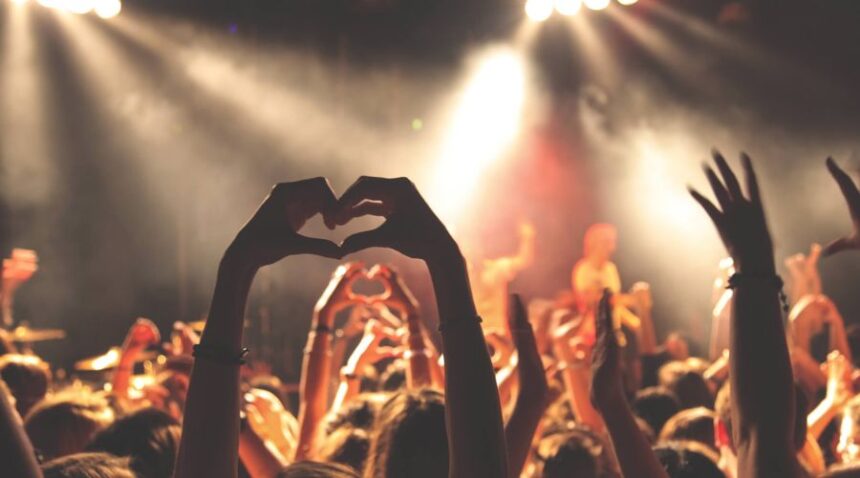Music festivals are more than just gatherings; they are a cultural phenomenon in which songs mix with memories and the spirit of unity crosses borders.
Throughout the years, various festivals have risen as icons, leaving their imprint on musical history. From Woodstock’s renowned ’60s revolution to modern mega-events like Coachella, music festivals have defined genres and molded generations.
Let’s explore the world’s largest music festivals:
1. Woodstock
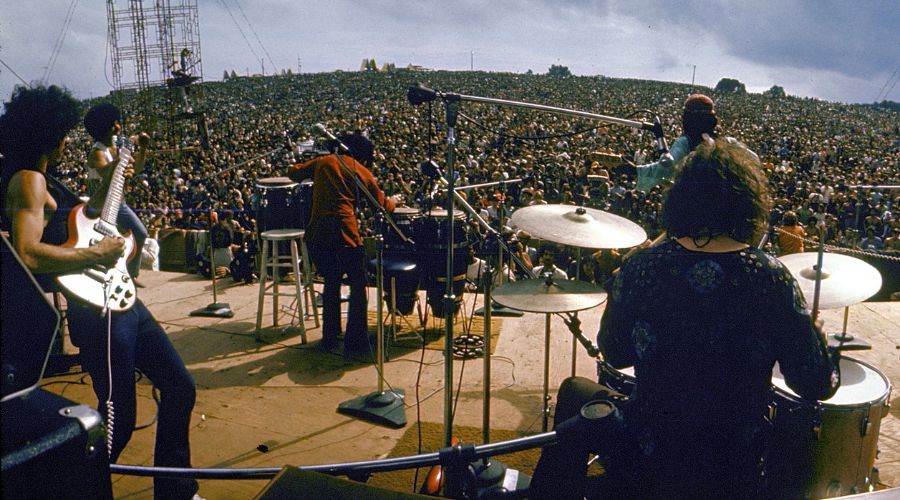
No history of music festivals would be complete without discussing Woodstock, the pinnacle of counterculture and free speech. Woodstock, which took place in Bethel, New York in August 1969, has become synonymous with peace, love, and music. Over 400,000 people gathered to see memorable concerts by Jimi Hendrix, Janis Joplin, The Who, and many more. Woodstock was more than just a concert; it was a cultural milestone, demonstrating the power of music to unify and inspire social change.
2. Glastonbury
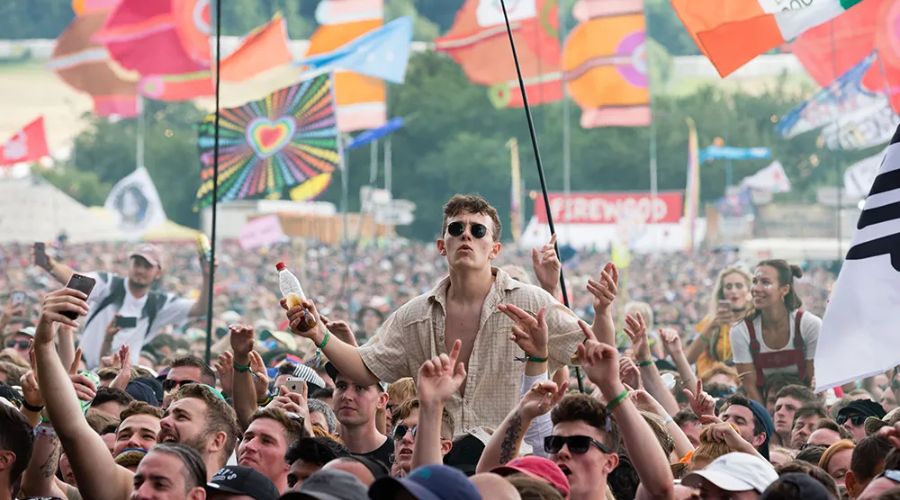
What started off as a small gathering of 1,500 people in 1970 has grown into one of the world’s largest and most legendary music festivals. Glastonbury, held yearly in Somerset, England, has welcomed a number of iconic artists, including David Bowie and Beyoncé. Its diversified schedule covers a wide range of genres, guaranteeing that there is something for everyone. But Glastonbury is more than just music; it’s a celebration of arts, culture, and activism, with Green Fields and Leftfield stages providing forums for social and environmental debate.
3. Coachella
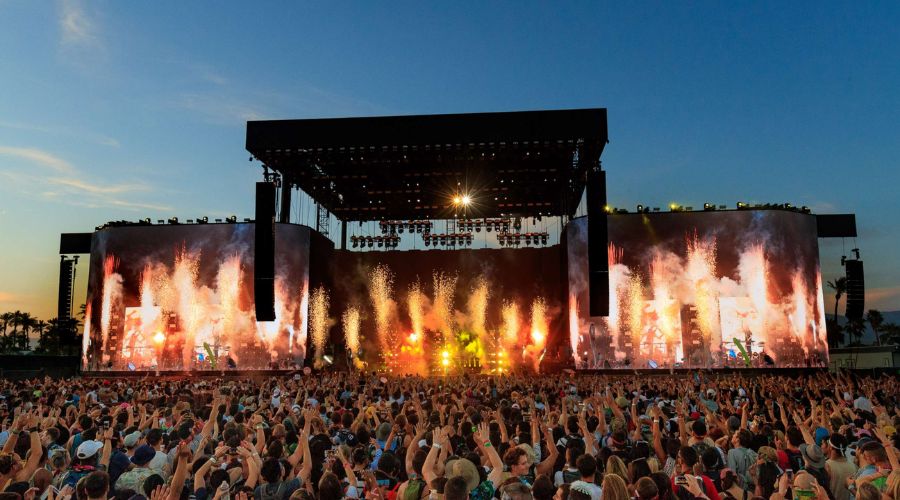
Since its debut in 1999, the Coachella Valley Music and Arts Festival has grown into a cultural powerhouse, attracting visitors from all over the world to the California desert. Coachella, known for its star-studded roster and lavish art installations, has come to represent music, fashion, and celebrity culture. From Prince’s epic performance in 2008 to Beyoncé’s ground-breaking set in 2018, Coachella has consistently raised the bar for festival experiences, defining trends and changing pop culture along the way.
4. TomorrowLand
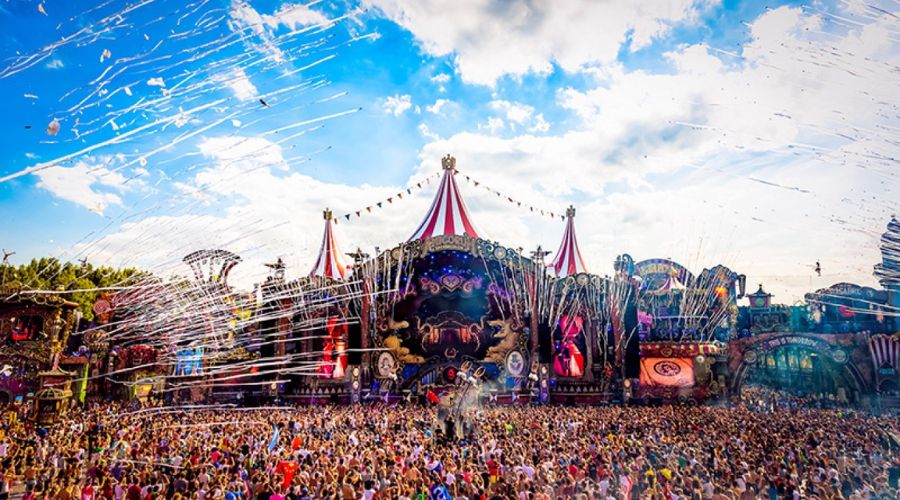
Tomorrowland, which transports attendees into a fanciful world of electronic music and fantasy, has established itself as one of the world’s leading electronic dance music events. Tomorrowland, which takes place every year in Boom, Belgium, is well-known for its extravagant stage designs, immersive themes, and lineup of prominent DJs. Tomorrowland’s global expansion and live-streamed events have made it a beacon of unification for dance music fans all over the world, embracing the phrase “Live Today, Love Tomorrow, Unite Forever.”
5. Burning Man
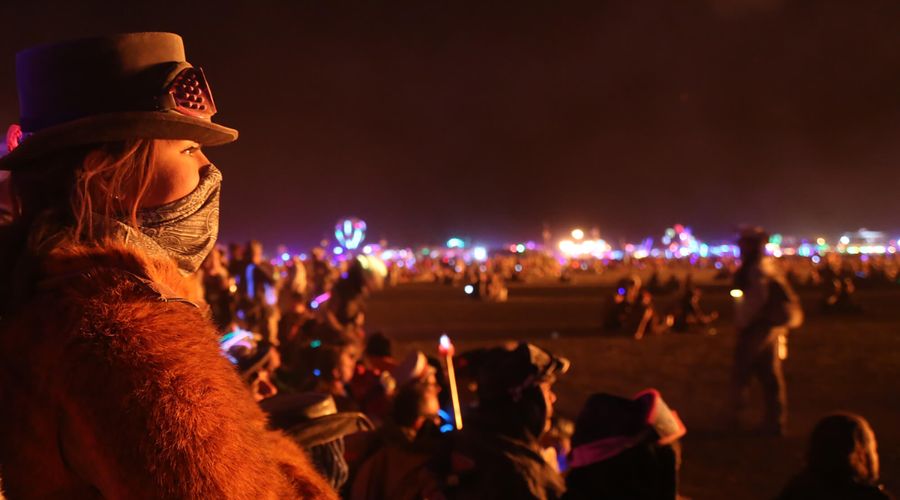
Burning Man is more than simply a music festival; it is a transient community that promotes radical self-expression, art, and self-reliance. Burning Man, held yearly in Nevada’s Black Rock Desert, defies conventional categorization and goes beyond the bounds of a traditional event. The participants, known as “Burners,” work together to build a temporary metropolis complete with art works, themed camps, and mutant cars. While music is an important component of the Burning Man experience, it is the spirit of community and creativity that truly distinguishes it.
Conclusion
With access to the greatest ticket and pass prices, you can check off your fantasy festival bucket list. Whether you’re heading to Tomorrowland in Belgium or Glastonbury in the UK, you’ll find the greatest options for any budget. For more music fest updates visit www.gurucent.com.
FAQ
Q1. Which festival is the biggest in the world?
A: Carnival in Rio de Janeiro, Brazil, is the world’s largest event, followed by Oktoberfest in Germany, Diwali in India, and Mardi Gras in the United States.
Q2. Which is the festival king?
A: The Bahá’í faith considers Ridvan (pronounced “rez-VONN”) to be one of its most sacred feasts. It is often referred to as the “Most Great Festival” or “King of Festivals.” It lasts 12 days.
Q3. What is the World Records Music Festival?
A: While Donauinselfest is the largest music festival in one location, other national and international events have more attendees. Fête de la Musique, for example, hosts 15,000 concerts on June 21 (World Music Day), drawing 10 million people to the streets of France and many more around the world.



